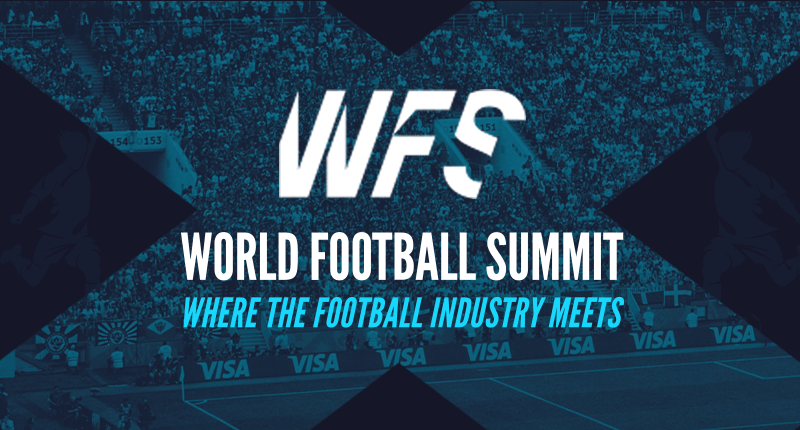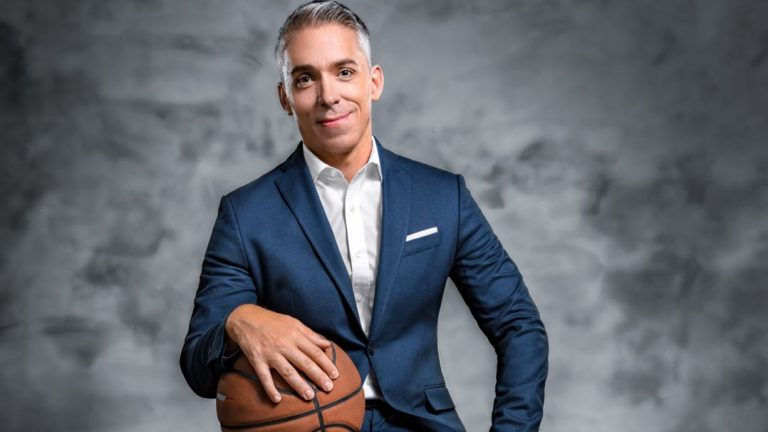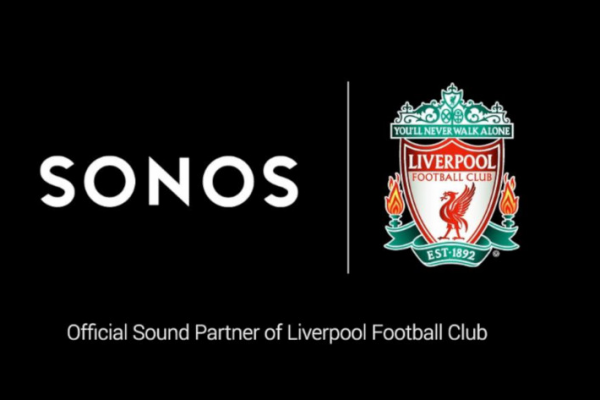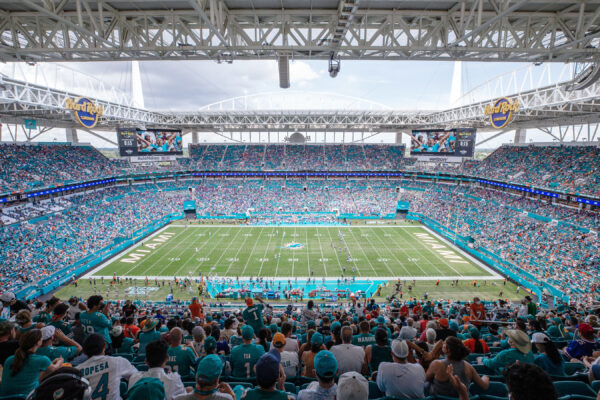China being the epicenter of the pandemic Covid-19, the sports industry there is worst affected. The success of Tokyo Olympics has brought hope for China which has an ambition to make sports a $770 billion industry by 2025. The Playknox spoke with Greg Turner, Founder & Managing Director of Shenzhen High Performance Event Management to find out more.
Tell us more about your organisation.
Right now I’m heading up a small consultancy to offer support and services focused on live events and venue management in China. I help international brands trying to either enter the market or grow their presence to understand and better address the unique challenges of the industry in China focusing specifically on aligning with government policy and better understanding who is the Chinese fan. Through this I help my clients achieve longer lasting businesses with a better ability to find and develop hidden opportunities.
What are the challenges you faced due to COVID and how did you overcome it considering you were at the heart of from where the pandemic broke?
I’m not sure if any of us have really recovered from COVID yet. This delta variant seems to be putting up a good fight. The biggest challenges for China were at the start of the outbreak and I think most people saw all the news about it. Since about last summer, things have been pretty much back to normal for the domestic market, live events started happening around August and have been fluctuating in size depending on local COVID conditions at any given time. The doors to international events and travel remain firmly shut which has been a big challenge for my own business trying to facilitate better alignment between international and local. Some companies though are taking advantage of this time to re-assess their china strategy, building it back stronger for when the doors do reopen.
You reckon sports industry will reopen fully soon?
In my part of the world, expect for the Beijing Olympics, I don’t expect international events to start happening again until at least the 2nd quarter of next year. Due to the size of the population and the cities we live in, the government is extra precautious to make sure there is no major outbreak like we saw in Wuhan at the start of this year and they realise they can control the spread domestically but are very cautious about importing cases. Some might say too cautious…
Which brands /sport organisations have impressed you when it comes to executing innovating ways to engage fans?
China is a funny market for fan engagement and experience around sport. First its a huge market so everyone talks about the potential and are scrambling to find exciting and innovative ways to engage with fans. But because it’s so big, no single strategy can work on a national level. Also, the development of the sports market isn’t as advanced as in the West. Until recently, most sports events have been government sponsored or run and have limited commercial activation which limits the opportunity for engaging with fans at the main point of contact. The events treated fans as spectators coming to watch the match and go home. It wasn’t uncommon to find people cheering for both teams. That’s all starting to change, but its a slow process that’s taking time to adjust both the fan’s and brand’s expectations.
Where engagement has been on a world class level is with personal fitness and brands like Nike and to a lesser extent Adidas/Under Armour/Lulu lemon. They created great engagement programs that connect with the young fitness conscious professionals and students across the major 1st tier and some 2nd tier markets across the country. Then for lower tier markets, local competition from brands like Anta, Li Ning and Peak are doing something very similar but able to localise it even more in a way that international brands can’t do.
Would you say China is the next big thing in sports ? If yes then why?
For me, it feels like China’s been the next big thing in sports since Beijing 2008. But I think now, we’re finally starting to get to a point where the potential will become reality. So China is a market that any sports brand with international aspirations needs to be active in.
As for why now is different, The government released some very comprehensive plans in 2019 targeting to grow sports consumption to 4 trillion ren by 2025 (about 700 billion USD). Right now its somewhere around half that, so there’s a lot of explosive growth going on as favourable policies continue to develop. But the China sports industry is going to be something with unique China characteristics, designed for the unique nature of China’s society. For international organizations looking to cash in on the feast, they need to be able to tell a story that connects with China and aligns with the government’s plan. They can’t just copy what’s been successful in other markets.
How can brands sponsoring Beijing Winter Games better engage fans?
For Beijing, its not clear yet how they will address spectators. However, its very safe to assume that they will be very careful with what ever they decide on. I’m doubtful the doors will be open for international fans to join the games. As there are still so many unknowns on how the games will be run, I think smart brands should focus on the athletes as they are the one certainty about the Games. Start early, deliver great stories about the athletes journey and focus on bringing fans to Beijing together with the athletes, even if they can’t be there in person.
Any expansion plans?
The market is still too unsettled for me to consider growth right now. Until China’s borders start opening again, it’s all about keeping things tight and focusing on that light at the end of the tunnel.
Lot of conversation is happening around inclusiveness. How important is it to you and your organization?
Inclusiveness in China is a different story than in the west as we just don’t have the diversity. Having said that, I’m a big supporter of women in the work place and I’ve consistently recruited women to key roles through my career. They see often see things in a different way than men and having strong female voices on my team is vital to building and executing our plans.







